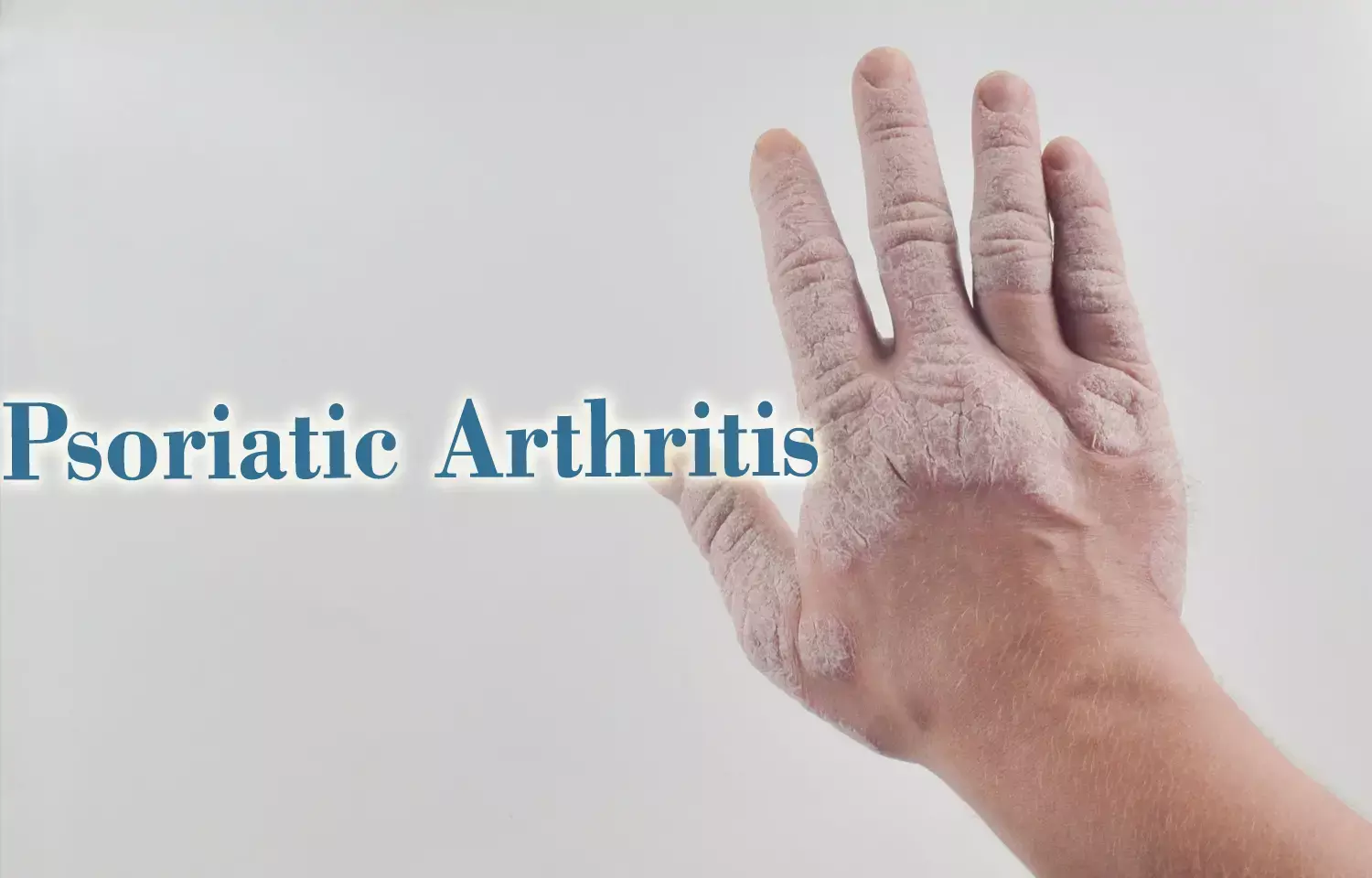- Home
- Medical news & Guidelines
- Anesthesiology
- Cardiology and CTVS
- Critical Care
- Dentistry
- Dermatology
- Diabetes and Endocrinology
- ENT
- Gastroenterology
- Medicine
- Nephrology
- Neurology
- Obstretics-Gynaecology
- Oncology
- Ophthalmology
- Orthopaedics
- Pediatrics-Neonatology
- Psychiatry
- Pulmonology
- Radiology
- Surgery
- Urology
- Laboratory Medicine
- Diet
- Nursing
- Paramedical
- Physiotherapy
- Health news
- Fact Check
- Bone Health Fact Check
- Brain Health Fact Check
- Cancer Related Fact Check
- Child Care Fact Check
- Dental and oral health fact check
- Diabetes and metabolic health fact check
- Diet and Nutrition Fact Check
- Eye and ENT Care Fact Check
- Fitness fact check
- Gut health fact check
- Heart health fact check
- Kidney health fact check
- Medical education fact check
- Men's health fact check
- Respiratory fact check
- Skin and hair care fact check
- Vaccine and Immunization fact check
- Women's health fact check
- AYUSH
- State News
- Andaman and Nicobar Islands
- Andhra Pradesh
- Arunachal Pradesh
- Assam
- Bihar
- Chandigarh
- Chattisgarh
- Dadra and Nagar Haveli
- Daman and Diu
- Delhi
- Goa
- Gujarat
- Haryana
- Himachal Pradesh
- Jammu & Kashmir
- Jharkhand
- Karnataka
- Kerala
- Ladakh
- Lakshadweep
- Madhya Pradesh
- Maharashtra
- Manipur
- Meghalaya
- Mizoram
- Nagaland
- Odisha
- Puducherry
- Punjab
- Rajasthan
- Sikkim
- Tamil Nadu
- Telangana
- Tripura
- Uttar Pradesh
- Uttrakhand
- West Bengal
- Medical Education
- Industry
Guselkumab Shows Superior Efficacy Over Ustekinumab for treatment of Psoriatic Arthritis: Study

Psoriatic arthritis is a chronic inflammatory condition that affects joints and skin, often causing pain, swelling, and skin lesions. Biologic therapies like guselkumab and ustekinumab have shown promise in managing PsA, but direct comparisons of their efficacy remain scarce.
A recent study published in Rheumatology and Therapy provides compelling evidence regarding the efficacy of guselkumab compared to ustekinumab in the treatment of psoriatic arthritis (PsA). Using individual patient-level data (IPD) analysis, researchers aimed to elucidate the comparative effectiveness of these two biologic treatments, shedding light on their joint and skin efficacy over a 52-week period.
Researchers Thilakarathne P and colleagues conducted an IPD analysis, pooling data from the DISCOVER-1, DISCOVER-2, PSUMMIT-1, and PSUMMIT-2 trials, encompassing a total of 44,115 participants. The analysis focused on evaluating joint and skin efficacy outcomes, including American College of Rheumatology 20% improvement (ACR20) and Psoriasis Area Severity Index 90% reduction (PASI 90) response rates.
Key Findings:
• Four MetS score trajectory patterns were identified: low-stable, moderate-low, moderate-high, and elevated-increasing.
• Compared to participants with a low-stable trajectory pattern, those with an elevated-increasing pattern had a higher risk of overall and site-specific cancers.
• Trajectories of MetS scores were associated with the occurrence of cancers, emphasizing the importance of long-term monitoring and evaluation of MetS.
The study highlights the significance of considering MetS score trajectory patterns in assessing cancer risk, particularly in individuals with elevated or increasing trajectories. Long-term monitoring of MetS may aid in early detection and intervention strategies for cancer prevention.
Reference:
Thilakarathne P, Schubert A, Peterson S, Noel W, Patel BP, Hassan F. Comparing Efficacy of Guselkumab versus Ustekinumab in Patients with Psoriatic Arthritis: An Adjusted Comparison Using Individual Patient Data from the DISCOVER and PSUMMIT Trials. Rheumatol Ther. 2024;11(2):457-474. doi:10.1007/s40744-024-00644-7
Dr Riya Dave has completed dentistry from Gujarat University in 2022. She is a dentist and accomplished medical and scientific writer known for her commitment to bridging the gap between clinical expertise and accessible healthcare information. She has been actively involved in writing blogs related to health and wellness.
Dr Kamal Kant Kohli-MBBS, DTCD- a chest specialist with more than 30 years of practice and a flair for writing clinical articles, Dr Kamal Kant Kohli joined Medical Dialogues as a Chief Editor of Medical News. Besides writing articles, as an editor, he proofreads and verifies all the medical content published on Medical Dialogues including those coming from journals, studies,medical conferences,guidelines etc. Email: drkohli@medicaldialogues.in. Contact no. 011-43720751


